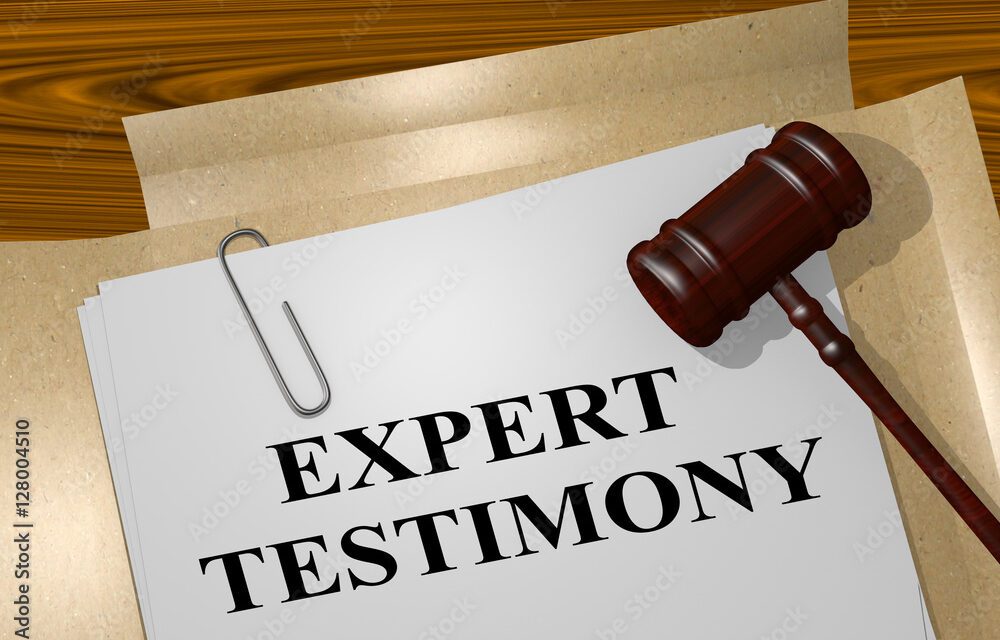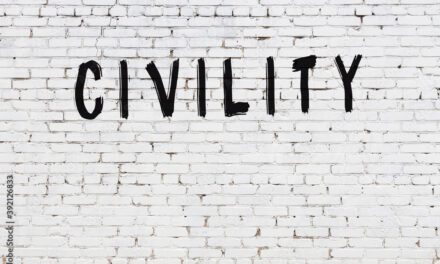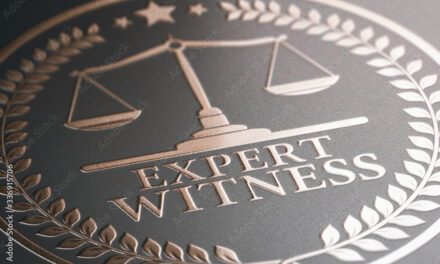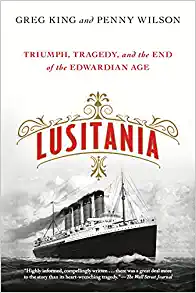The other day, I testified in a case and made a standard mistake. Given the number of times I’ve testified over the years, you’d think I would have learned what not to do. I have forgiven myself by remembering how many expert witnesses have made exactly the same mistake.
The question is used almost always, regardless of the size of the case. All it takes is another expert testifying on the other side. The problem is really quite simple, although it does not appear to be. Here it is: You are asserting proposition p, and the opposing witness is asserting ~p. It does not matter how many propositions–p. q, x, y, and/or z, etc.–with respect to which there may be disagreements; it does not matter whether the disagreement involves a methodology, an elaborate theory, or the nature of that which there is disagreement. It could even be something outlandish: “What did St. Thomas Aquinas believe about how many angels can dance on the head of a pin?” Or, “What was the consensus among Gypsies living in Detroit? About how many vampires were there in Budapest in the Tenth Century?”
Now we arrive at the question that invites error:
Q. Do you agree, Dr. Quinn, that there is another expert testifying in this case?
A. Several.
Q. Do you agree that there is an expert witness testifying on the same matters as you?
A. Yes.
Q. You know that his views are not the same as yours, true?
A. Yes.
Q. In fact, you know that you and he contradict each other as to your opinions about p?A. Yes.
[And now we arrive at the killer question.]
Q. And you acknowledge, do you not that competent, genuine experts, sworn to tell the truth can disagree on a relevant matter?
[The usual answer you “see” is this one]:
A. Yes.
[That’s what I did; that’s what most experts do, and it’s wrong. It should be this]:
A. It depends on the meaning of the word “disagree.”
[The examining lawyer will be outraged. S/he may try to get the court to order you to answer the question. Or the following will be the next question:]
Q. Again, my question is: Can two competent experts disagree?
[So now we arrive at the “killer answer.”]
A. Whenever one is right and one is wrong they disagree.
Exactly that happened in this case.
Of course, the judge may have prevented this answer, or s/he may strike it once given, or there may be an argument and more questions about the matter coming next. But the argument will really be about the qualities of the two arguments, and that’s what should have been going on all along.
[One last danger, this time for counsel. The lawyer examing should never ask the expert witness this question]:
Are you sure of what you’ve just said?
[There are a number of alternative answers. Not all of them have problems.
A-1. No. [Terrible idea.]
A-2. Certain? I’m never absolutely certain of anything. No one really is.
A-3. Yes.
A-1: Disaster.
A-2:Best
A-3: If examining counsel makes the mistake of asking “Why here in this case?” The witness can zoom into expert flight or hold back. That choice depends on the case, the witness., the examining lawyer, and more.




![More on “Suez v. ‘Evergreen’/’Ever Given'[*] & Owner”](http://www.michaelseanquinn.com/wp-content/uploads/2021/06/Ever_Given_container_ship-1024x681-1-440x264.jpg)



Recent Comments